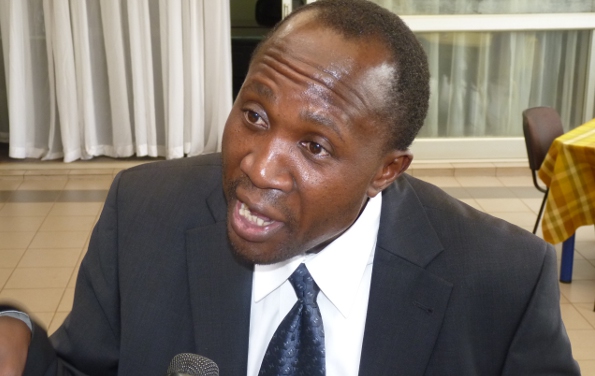By Denis Jjuuko
For most countries to develop, some sectors need to be prioritized. Uganda needs almost all its sectors to be prioritized if the country is to achieve its middle-income status. This had been promised by the year 2020 but now that a month of this year is already gone, there is need to rethink by looking at these key sectors
Education
The education sector has been neglected for many years leading to what somebody
calls ‘half-baked’ graduates yet the cost is so expensive. The majority of
Ugandans above the age of 35 went to public schools, which were all over the
country. The schools were somewhat affordable to parents who worked hard
including public servants. They were good schools too.
Actually, the majority remain good schools today but they are out of reach for most parents. Most of these publicly aided schools charge more fees than some privately owned ones. They have done this by ensuring that they don’t expand their campuses to create an artificial demand.
Uganda’s population has significantly grown over the past 35 years but most of these publicly funded schools have remained almost the same. This means that a child scoring aggregate four in Primary Leaving Examinations (PLE) isn’t guaranteed admission in these schools. If you don’t know anybody who knows somebody, you may never have your child admitted.
Yet an educated workforce is the cornerstone of any economy. If the so-called best schools can’t admit the best students on merit, then who do they admit? I have seen people complaining that they are being asked to get recommendation letters from famous people for their children to be admitted. Why should anyone get a letter from anybody to be admitted in a public school?
Problems in the education sector are massive and I don’t have acres of space to go into every detail but the government if it thinks of developing this country, it needs to create an education sector that works for everyone.
Public transport
The majority of people who work in Kampala walk to work! Just stand around MUBS
Nakawa and look down at the railway line around 6.00pm, you will see many
people walking back home. At Clock Tower, you will see many people walking. It
is good to walk for health reasons but the majority of people who walk to work
do so because they can’t afford motorized transport.
Those who use motorized transport almost remain with nothing at the end of the month. Taxi operators charge whatever they want and transport is unreliable. Boda Bodas are a health hazard. Roads in Kampala are full of potholes and dust. The cars on the road are too old and are making Kampala’s air quality one of the worst in the world.
On average, anybody who works in Kampala loses four hours everyday in traffic jams. Infrastructure, electric vehicles like the Kayoola EVS by Kiira Motors, and real investments in the transport sector can solve these problems. Sometime back, we were told that a flyer-over was to be built from Jinja Road Traffic Lights to Clock Tower. Signposts went up, some trees were cut and months down the road, nothing is going on. The Northern Bypass is still not complete more than 16 years since its construction commenced. It is just 21km!
If we don’t sort out public transport especially within greater Kampala, we can kiss middle-income goodbye or simply declare another year as some sort of deadline to achieve it. Uganda’s economy is within a radius of 80km of Kampala and yet this area is not receiving much in terms of infrastructure development.
Health sector
One day, Ugandan officials went to Abuja and declared that they will be
spending at least 15% of the country’s national budget on the health sector.
People clapped and the officials basked in glory. Many years later, they have never
achieved this.
Previously, public hospitals provided the care people needed even when Uganda’s economy was collapsing in the 1970s. Today, we don’t have public hospitals to talk about. We have a shiny building here and there courtesy of some loan from an emerging super power or the World Bank but that’s all. The doctors are either on strike or moonlighting in all sorts of private clinics and medical centres. Basics like gloves and oxygen are rare commodities in public hospitals.
We have even failed to educate people about personal hygiene yet the majority of diseases affecting us are preventable. Just watch people in public toilets, you will be amazed at how many wash their hands after. A dead education sector leads to disease. An economy without public transport can hardly develop.
Photo Caption: Kiira Motors’ vehicle production plant construction site in Jinja where the Kayoola EVS fully electric city buses will be made.
The Writer is a Communication and Visibility Consultant. djjuuko@gmail.com





